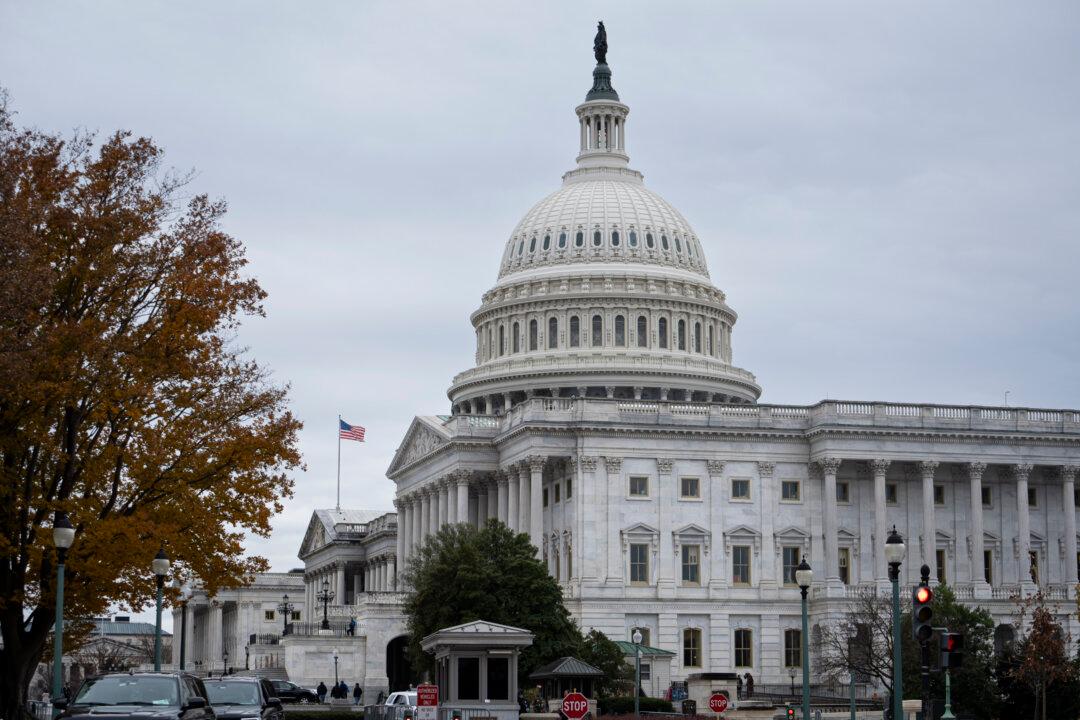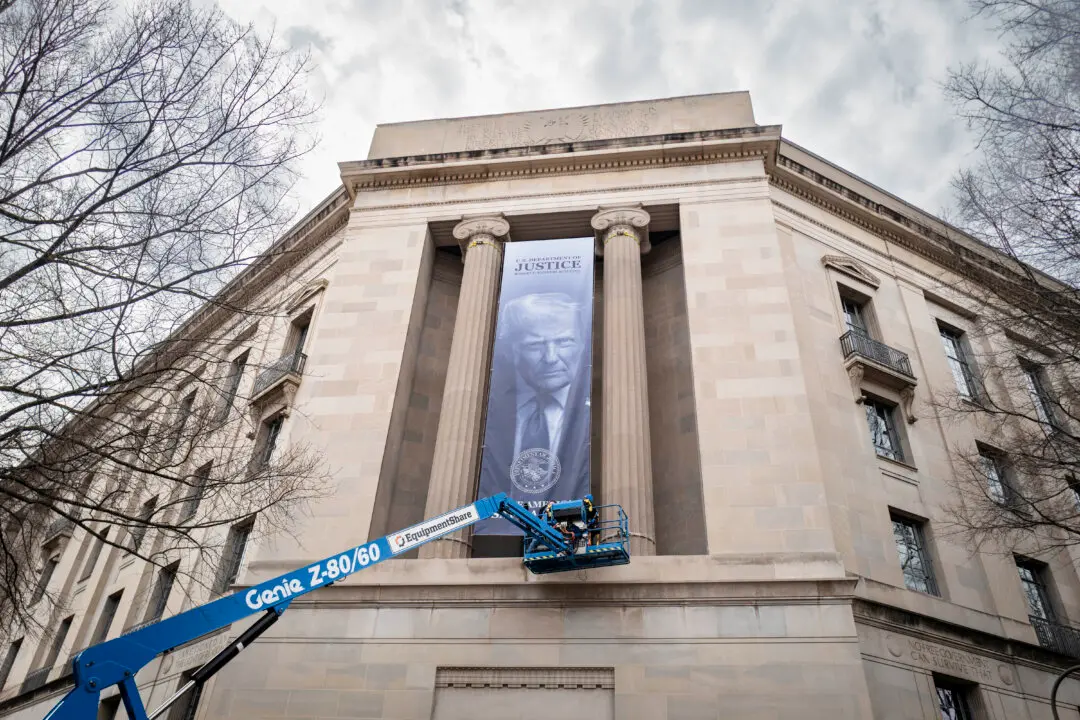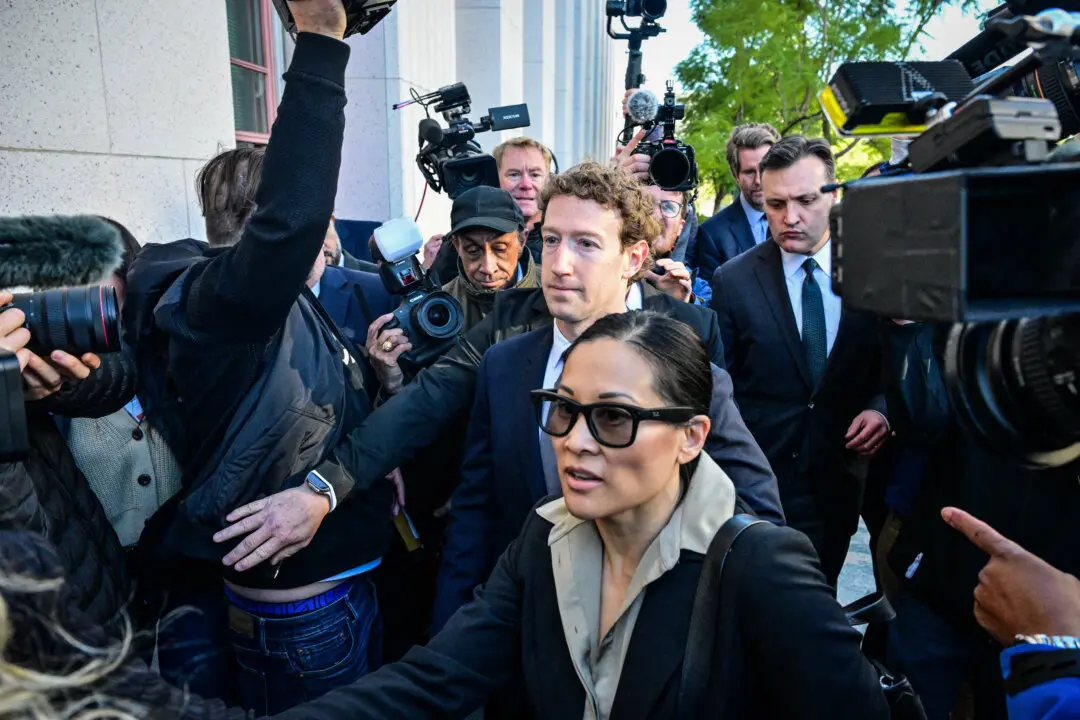With 2 days left until the government goes into a shutdown, a funding plan negotiated by congressional leaders behind closed doors collapsed last night after President-elect Donald Trump came out in opposition to the package.
House Majority Leader Steve Scalise (R-La.) said leadership was looking at other options.





